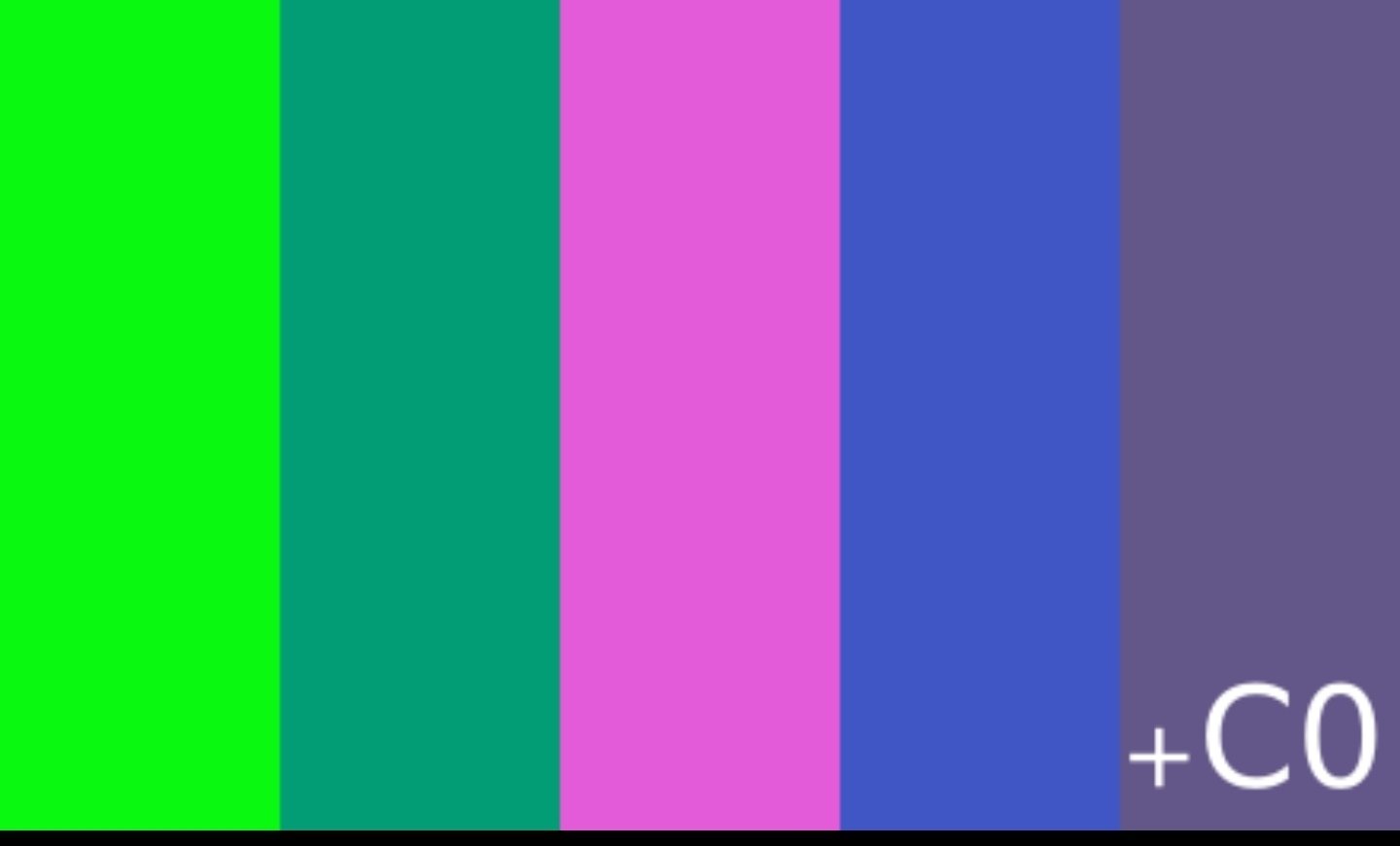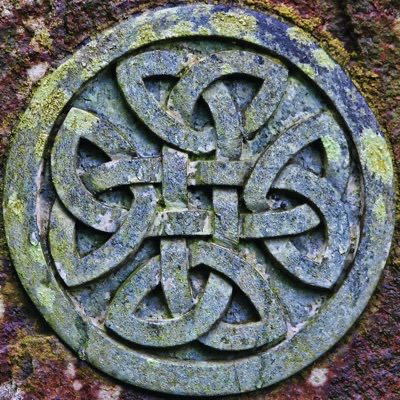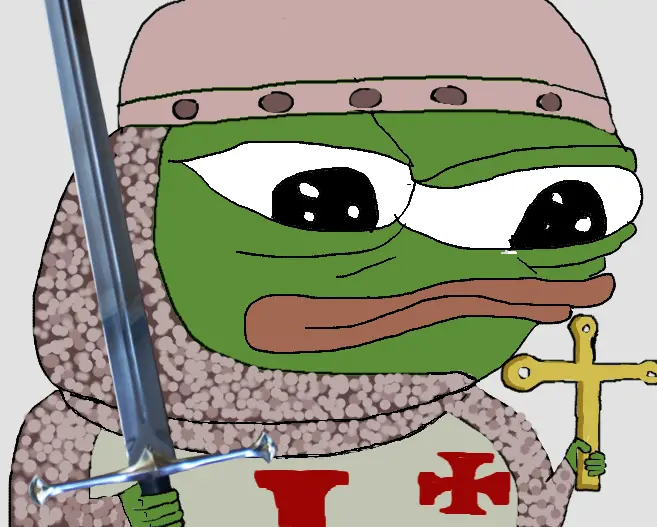I’m gonna make a list and hit the library
Carl Sagan - A Demon-Haunted World. Explains the key difference between a scientific vs religious mindset.
Gotta be “Confessions of an Economic Hitman”
The Conspiracy Against the Human Race: A Contrivance of Horror (2010) by Thomas Ligotti was referenced heavily in writing Rust Cohle’s character in True Detective season one. After falling in love with the series, I picked up the book and… wow. If you’re into some misanthropic nihilism written by a succinct fiction author and not an unnecessarily verbose philosopher, it’s a good read.
Currently also reading Kill All Normies: Online Culture Wars from 4chan and Tumblr to Trump and the Alt-Right (2017) by Angela Nagle. I just started last night but it’s changed a lot about how I see the current alt-right, where they came from, and how to effectively counter their arguments (and why conventional counterarguments don’t work).
Man’s search for meaning – Viktor Frankl
Not sure if they all fit entirely but:
- The Story Of Stuff (Annie Leonard)
- How The World Works (Noam Chomsky)
- Predictably Irrational: The Hidden Forces That Shape Our Decisions (Dan Ariely)
- The Hidden Brain (Shankar Vedantam) / Idiot Brain (Dean Burnett)
- The Myth Of Choice (Kent Greenfield) / The Paradox Of Choice (Barry Schwartz)
- The Free Will Delusion: How We Settled For The Illusion Of Morality (James B. Miles)
- Getting Free: Creating An Association Of Democratic Autonomous Neighborhoods (James Herod)
- The Best That Money Can’t Buy (Jacque Fresco)
- No Contest: The Case Against Competition (Alfie Kohn)
Predictably Irrational is really good.
I feel like I read Chomsky’s books at a key point in my life where I didn’t really get all of it but it primed me for later learning. Good list overall 👍🏼
I’ve been meaning to start reading some Chomsky & Alfie Kohn! Both very revolutionary writers from the reviews I’ve been checking out
When McKinsey Comes to Town: The Hidden Influence of the World’s Most Powerful Consulting Firm by Michael Forsyth and Walt Bogdanich. A cutting expose into the forces that are shaping our society that most don’t see.
The Man Who Broke Capitalism: How Jack Welch Gutted the Heartland and Crushed the Soul of Corporate America—and How to Undo His Legacy by David Gelles. Gives you a better understanding of the philosophies that shaped corporate offshoring, outsourcing and sell offs from the 70s to today.
Currowan: A Story of Fire and Community During Australia’s Worst Summer by Bronwyn Adcock. A revealing firsthand account of what it’s like to live through the catastrophic real life effects of climate change.
A Good Place on the Banks of the Euphrates: Stories from the War Against ISIS by Warren Stoddard II. A frightening and inspiring collection of short stories and diary entries from the perspective of an internationalist fighter on the ground.
The Consolations of Philosophy by Alain de Botton. A digestible collection of reassuring practical tactics to understanding personal attitudes and behaviours as framed by some of history’s most influential philosophers.
The Tao of Pooh, the Te of Piglet, and the Tao Te Ching.
Your Money or Your Life introduced me to serial retirement.
There’s more than one book with this title. Which author?
It’s the same book, although it looks like different authors. Joe Dominguez died and Vicki Robin now has the top author credit.
Against the Grain
Internal Combustion
Sea People: The Puzzle of Polynesia
These all caused me to examine aspects of modern society that we usually just accept blindly
Gödel, Escher, Bach: an Eternal Golden Braid by Douglas Hofstadter
Reading this (or trying to) is like being on drugs. You go from “What in god’s name is the author smoking?” to some kind of nirvana.
Guns Germs and Steel. I remember feeling, after I read it, that I saw things differently. But now the ideas presented in it seem the most natural things in the world, and I can’t imagine I ever thought otherwise. Or maybe I had the same views before but not historical foundations for them… I can hardly remember now.
It’s a book that historians scoff at. It’s all narrative and no science apart from few cherry picked examples.
“Our Fake History” has an episode on it, and as a topic it’s spot on for that show.
The Power of Now by Eckhart Tolle. Every time there was an experiential experiment in the book, I put it down and tried it for myself. I possibly changed more over the course of reading that book than at any other period in my life.
The Origin of Consciousness in the Breakdown of the Bicameral Mind
“The History of the Protestant Reformation in England and Ireland” by William Cobbett.
The Ego and Its Own, by Max Stirner.
Made me see individualism, society and ideology completely differently.






